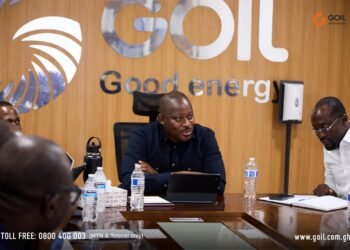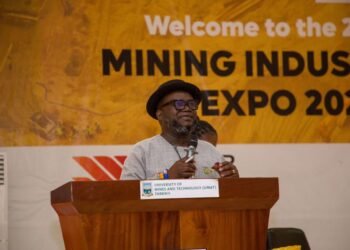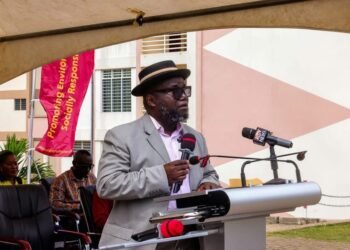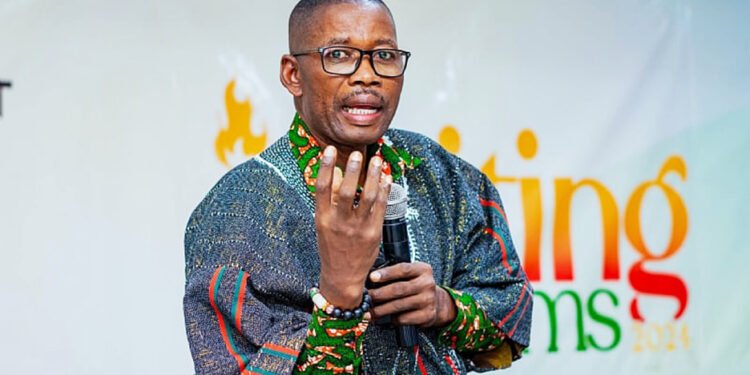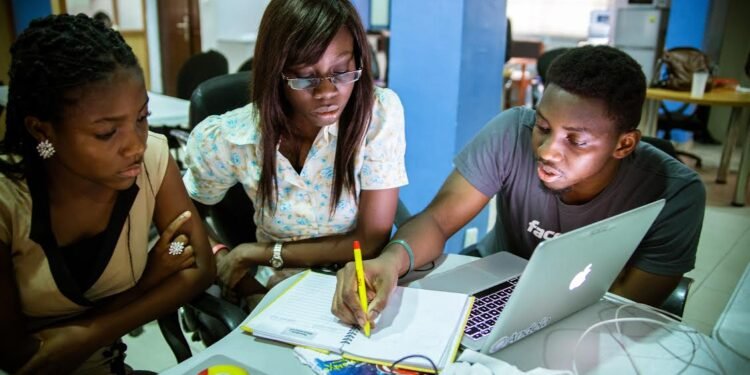Quantum, Sage and Arch Holdings Limited, a key player in Ghana’s petroleum sector, has firmly refuted recent media reports that mischaracterize the company as a foreign entity.
Clarifying its ownership structure, Quantum emphasized that it is a 100% Ghanaian-owned enterprise, deeply committed to contributing to the nation’s development, particularly through its active involvement in the government’s Cylinder Recirculation Model (CRM) initiative.
In response to the misleading reports, Quantum issued a strong statement to set the record straight. The company pointed out that both Quantum and its associated companies, including Newgas—which operates a bottling plant—are wholly owned subsidiaries of Arch Holdings. These entities are vertically integrated across different segments of the petroleum downstream value chain, in full compliance with Ghana’s regulatory framework.
Since its establishment in 2009, Quantum has been a major player in the sector, employing over 2,000 Ghanaians and contributing significantly to the country’s energy sector. In 2014, the Government of Ghana made a commitment to the Sustainable Development Goals (SDGs), with a specific focus on promoting clean cooking solutions for all by 2030. One of the key objectives is to transition households from using wood fuels, which pose significant health risks and contribute to deforestation, to Liquefied Petroleum Gas (LPG). This transition is vital not only for improving public health but also for protecting the environment from the adverse effects of deforestation and desertification.
Recognizing the importance of this goal, the government issued directives in October 2017 to the National Petroleum Authority (NPA) to implement the Cylinder Recirculation Model as a means to distribute LPG, particularly for household use. The CRM aims to increase access to LPG and improve safety standards across the country. The NPA, in turn, developed a transparent licensing framework that invited interested companies to build and operate bottling plants as part of this new market structure.
Quantum’s Strategic Investment
Quantum made a strategic decision to invest in the CRM by applying for a license to build and operate a bottling plant, a move that other well-resourced companies were hesitant to make due to the financial risks involved. Despite the challenges, including those posed by the COVID-19 pandemic, Quantum remained committed to the project and successfully completed the bottling plant in late 2023. The company, through its subsidiary Newgas, obtained all the necessary permits to operate under the CRM, reinforcing its dedication to supporting Ghana’s clean energy goals.
It is crucial to note that the bottling plant license granted to Newgas strictly permits the company to fill LPG cylinders. The distribution and retailing of LPG, however, remain within the exclusive domain of Oil Marketing Companies (OMCs) and Liquefied Petroleum Gas Marketing Companies (LPGMCs). These regulations have been in place for years and are designed to ensure that each segment of the LPG value chain operates within its defined scope.

Quantum has sought to collaborate with OMCs and LPGMCs to distribute its filled cylinders, a move that aligns with the broader objectives of the CRM. The government’s goal is to establish over 5,000 Cylinder Exchange Points across the country to increase LPG penetration and accessibility. Bottling plants, such as the one operated by Newgas, are required to work closely with OMCs and LPGMCs to achieve this target.
Quantum has already signed agreements with several OMCs and is in active discussions with others to develop additional Cylinder Exchange Points. This collaboration is essential for the success of the CRM, as it ensures that consumers have easy access to safe and reliable LPG cylinders, thereby reducing the risks associated with the use of wood fuels.
Enhancing Safety and Employment
One of the significant benefits of the CRM is the continuous validation, maintenance, and recertification of LPG cylinders. This process is designed to minimize the risk of explosions in homes, thereby enhancing safety standards across the country. Under the CRM, cylinders collected from the market will be sent to the Ghana Cylinder Manufacturing Company for maintenance and re-validation. This arrangement not only ensures the safety of LPG cylinders but also creates a steady stream of business for the national company, thereby keeping its wholly Ghanaian workforce employed.
Quantum’s participation in the CRM aligns with Ghana’s commitment to the Sustainable Development Goals, particularly the goal of ensuring access to affordable, reliable, sustainable, and modern energy for all by 2030. By promoting clean cooking solutions, the CRM supports national efforts to improve public health, protect the environment, and advance social development.
Quantum has expressed its commitment to doing its best within the existing regulatory framework to ensure the success of the CRM, thereby contributing to the nation’s progress towards achieving its sustainable development objectives.
READ ALSO: Health Professional Bemoans High Emigration of Ghana’s Health Professionals




